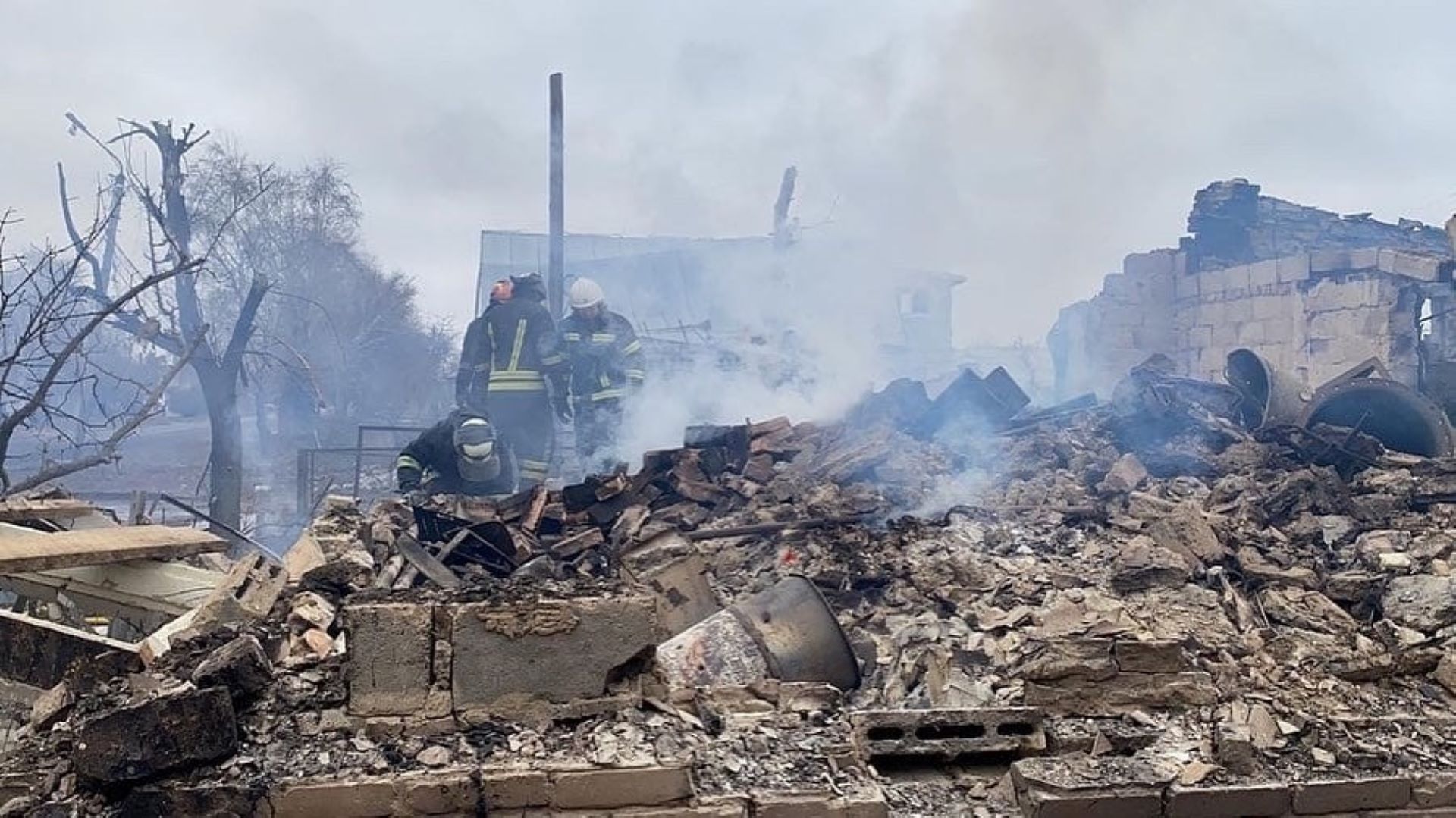After working for years to help those rebuilding their lives after war, a Maine man, his wife and infant daughter now face some of the same hurdles after fleeing their home in eastern Ukraine in advance of the Russian invasion.
“I understand that people do this. And you know, we’re doing it with a lot more resources than many people have,” said Brian Milakovsky. “But it’s a very strange experience.”
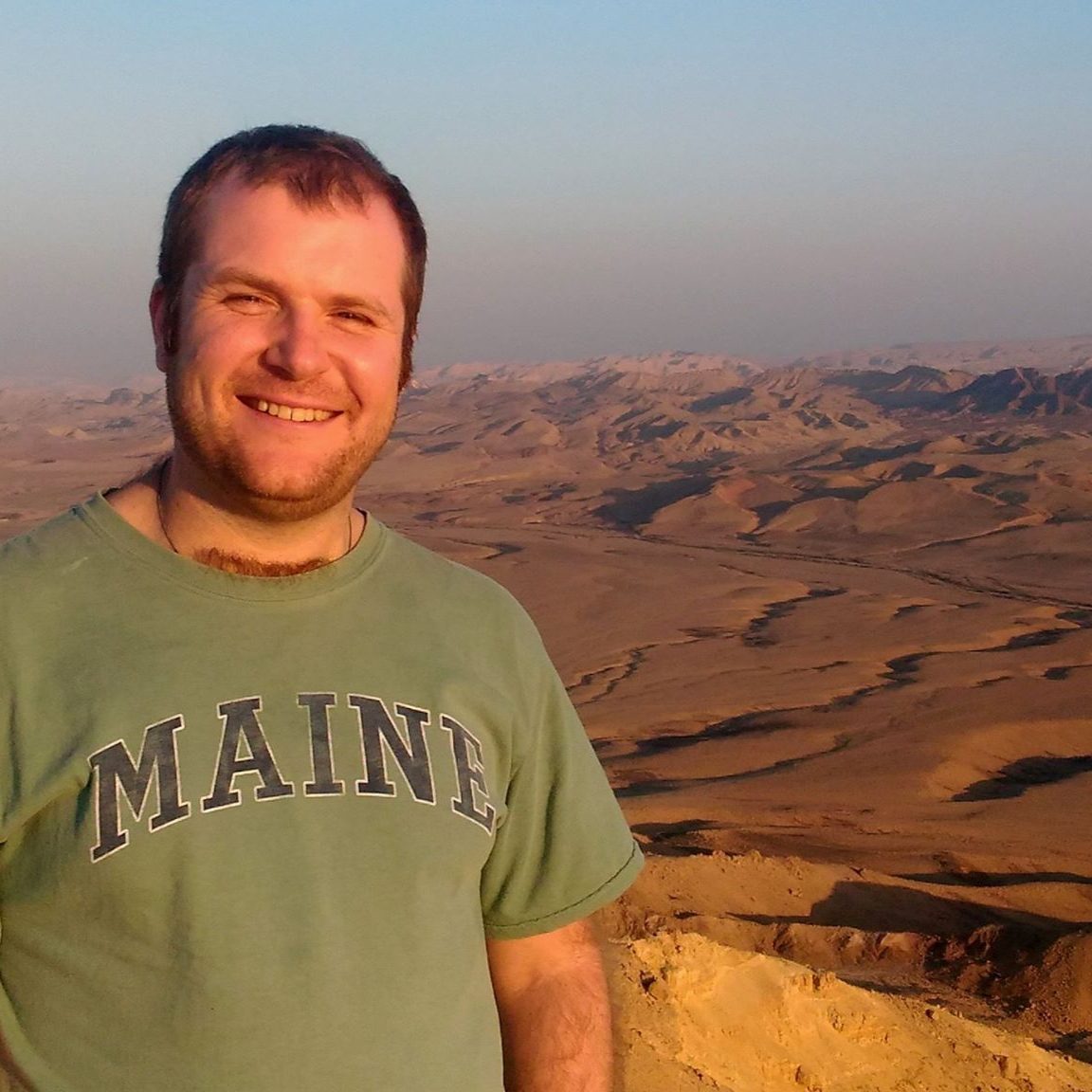
Milakovsky was born in the midcoast town of Somerville and graduated from Cony High in Augusta, then the University of Maine with a degree in forest ecology. He moved to Russia in 2009 to work with the World Wide Fund for Nature. He spent several years in the country’s far east, working with timber companies, but left after Russia backed separatist revolts in the Crimea and the Donbas region of Ukraine in 2014.
“I couldn’t buy into exactly the way that they saw the world and especially Ukraine,” said Milakovsky, who has family ties to Belarus and the Czech Republic. “And I kind of got nudged out of Russia by various security services … It wasn’t, like, full-blown repression. But they started investigating me and I realized it was time to go.”
He eventually settled in Severodonetsk, an industrial city of 100,000 in the Luhansk region of eastern Ukraine, near the Russian border. A factory town that sprung up after the construction of a chemical fertilizer plant in the 1930s, the city became the administrative capital of the region after the official capital, Luhansk, was taken over by Russian-backed separatists in 2014.
Milakovsky and his wife, Anna Kharitonova, who works at the Norwegian Refugee Council, married in 2020 and bought an apartment in the city last winter in a 1930s-era building, with what he described as “high ceilings and a beautiful view.” Milakovsky spent hours wandering the nearby forests and rich grassland steppes, the hallmarks of the area.
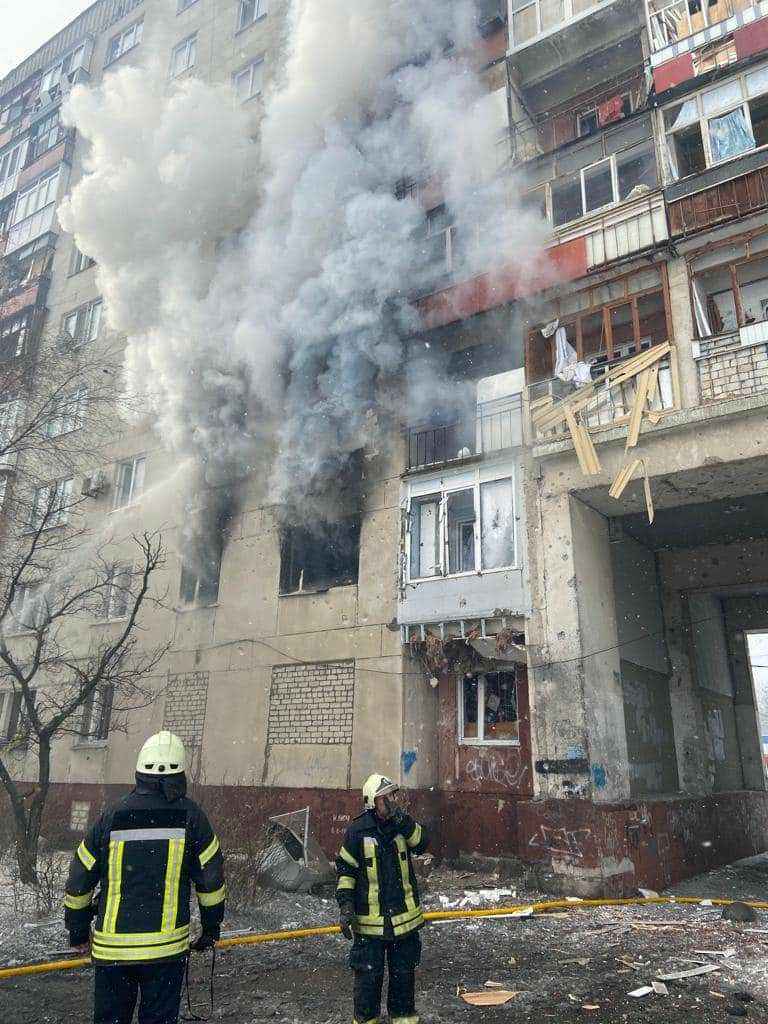
The couple lived in their apartment, furnishing it and fixing it up, for just three months before leaving, thinking the move would be for a few weeks or months, at most.
“We don’t know if it’s been destroyed,” said Milakovsky. Two apartments owned by his in-laws have been hit.
The couple decided to leave their home several weeks before the war began in late February, reluctantly heeding warnings from the U.S. State Department that the conflict would escalate. Packing their 3½-month-old daughter, a dog, some clothes and heirlooms, the family drove west, first to Kyiv, where they assumed they would be safe from fighting in eastern Ukraine.
“We started moving west farther away from (Severodonetsk) because a lot of people thought that if war broke out with Russia again, it would be concentrated in the existing war zone,” said Milakovsky.
Like many Ukrainains used to flare-ups of violence in Crimea and the Donbas, Milakovsky was skeptical that Russia would ever attempt to take Kyiv or mount a full-scale invasion.
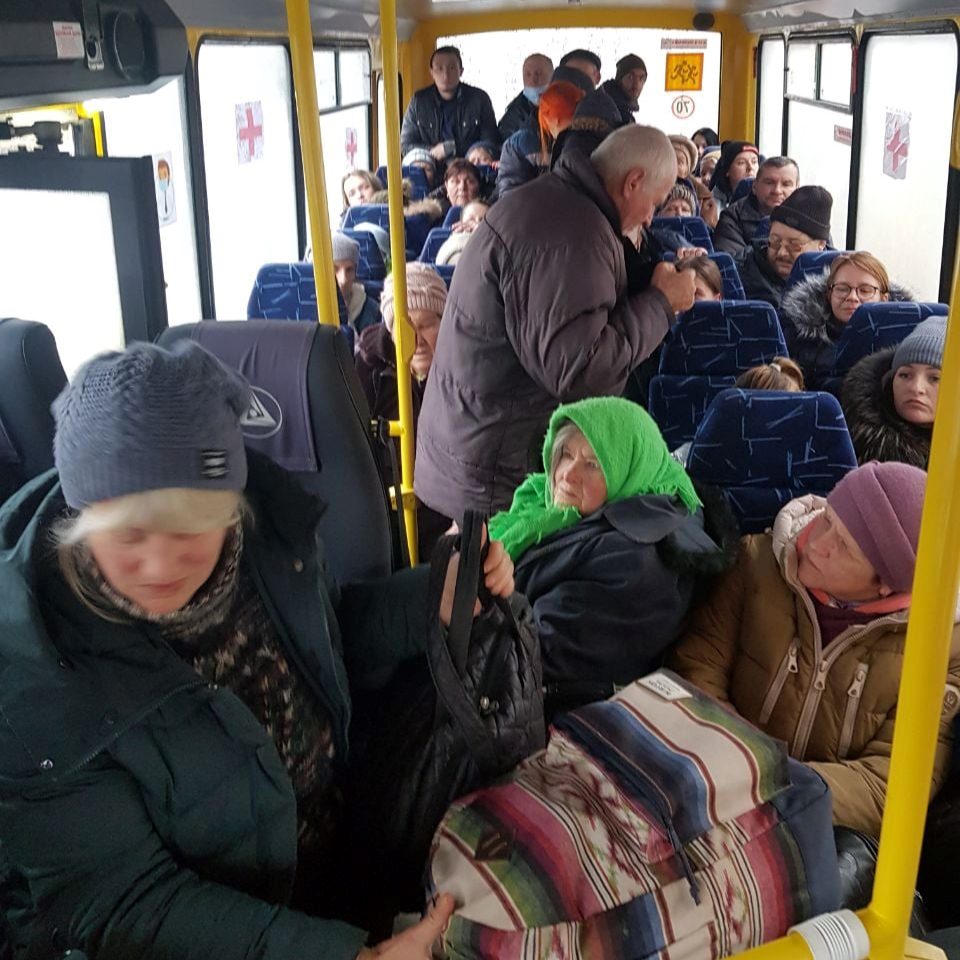
“None of us believed it would happen,” said Milakovsky. “We thought that there was some weird political dynamic going on in the U.S., to be honest. I really regret that now, and I am happy that we took the warning seriously.”
As the pronouncements became increasingly dire, they packed again and drove to the city of Lviv, about 37 miles from the Polish border. On Feb. 24, as the Russian military conducted airstrikes on military targets and air-raid sirens began to sound, the family drove to the border.
Their decision to leave early meant they were able to gather many heirlooms and keepsakes that others were not, said Milakovsky, adding that they are fortunate to have somewhat mobile jobs (his wife is on a year-long maternity leave). They did leave their dog in Lviv at a doggy daycare because they didn’t know she would be allowed through the crossing without certain documents.
Front of the line
Although the lines at border crossings stretched for miles even in the first days of the invasion, the family was pulled to the front by a Polish priest who saw Milakovsky bouncing his young daughter on his hip.
He said, “You don’t have to stand in line with a baby. You can go to the front, which we didn’t know,” Milakovsky remembers. “If he hadn’t done that, I think we might have been stuck in Ukraine for a time. Because after that it was, you know, days and days in line and people were waiting, you know, three, four days and we don’t know how we would have done that with a newborn.”
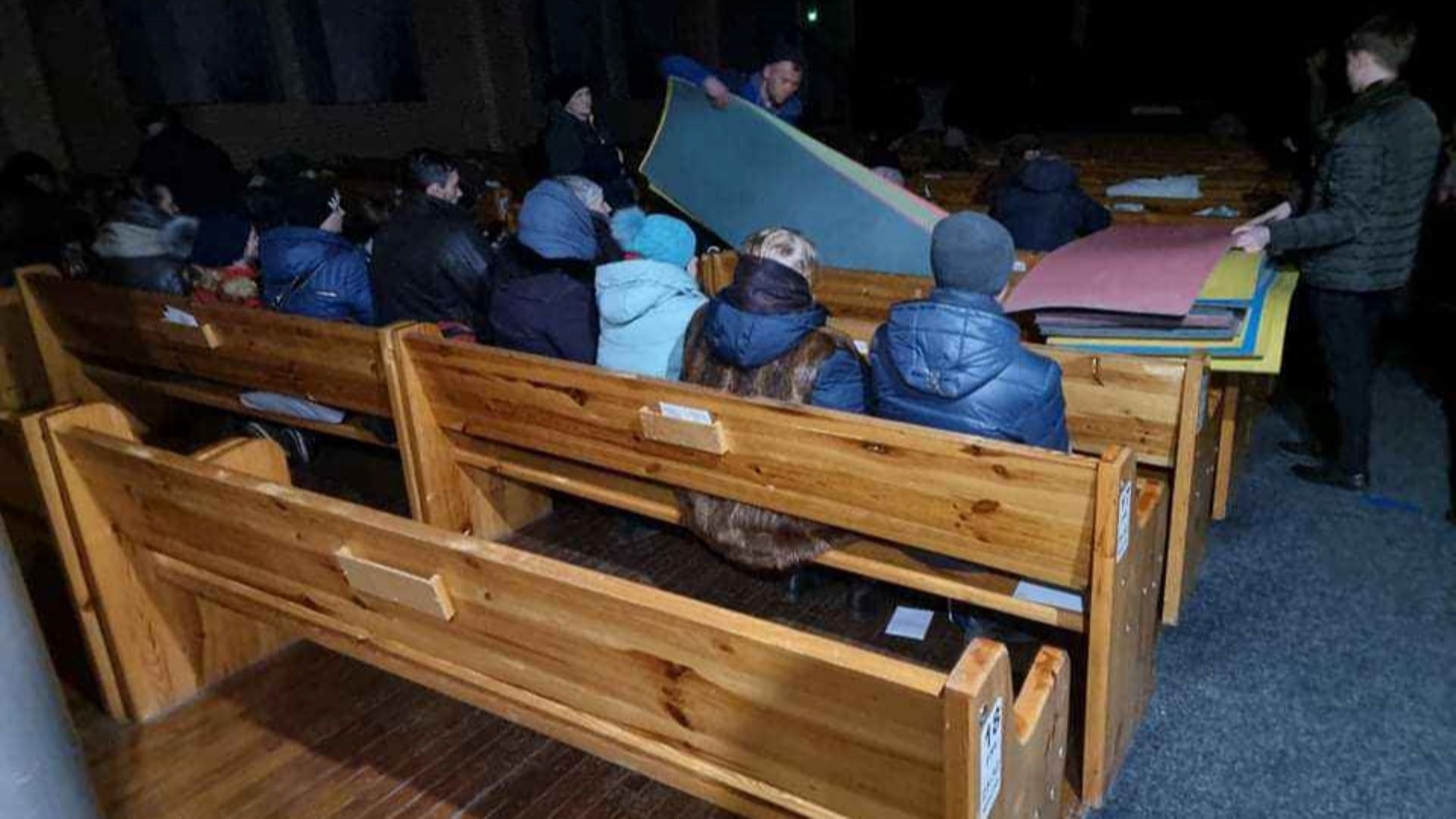
His wife’s parents also fled in the first weeks of the invasion, as did a number of other relatives. But many of the couple’s friends and acquaintances stayed or are trapped, including in the besieged city of Mariupol in the southeast, which has been heavily targeted by Russia.
“Cell phone coverage is out,” said Milakovsky. “Only part of the city has electricity. There’s a lot of humanitarian aid at one particular center but people in one part of the city can’t get to it.”
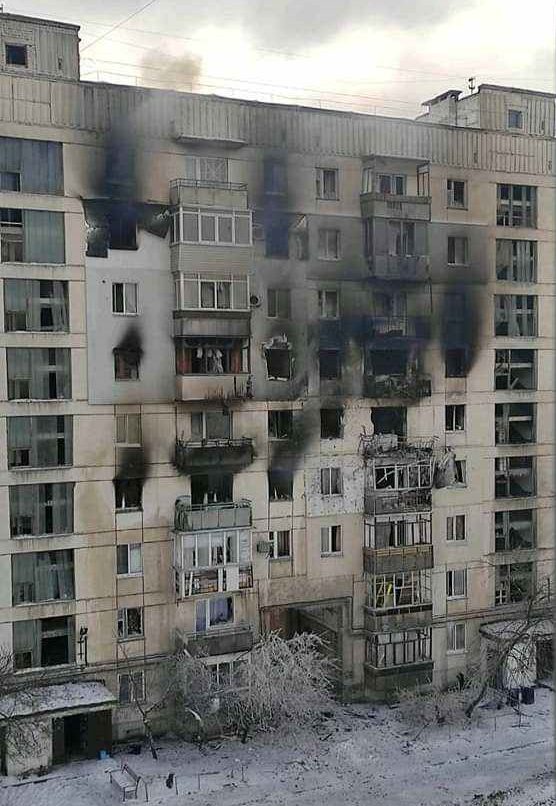
The couple are temporarily living in Croatia, where they are attempting to settle back into a routine and figure out what comes next. Returning to Ukraine is their first choice, but there’s no way to tell whether or when that will be possible, or what they will even return to.
“I have a lot of resources and possibilities that, you know, a typical Ukrainian refugee doesn’t have,” said Milakovsky, especially as an American citizen, adding that he is an ex-pat, not a refugee. “My wife is a refugee.”
Even with their resources and connections, said Milakovsky, the experience has been “extremely disorienting. We’re watching our city be destroyed on our smartphones. My wife saw a video of the street she grew up on yesterday and said she can barely recognize it. We don’t know what’s happened to our home, which we loved. It was kind of a labor of love.”
Still, he was grateful they left before his daughter had to experience the war.
“We’re so glad we got her out before she had to experience any of what a lot of babies are experiencing in Ukraine right now,” said Milakovsky. “She might have heard an air-raid siren on the day we were leaving, but she won’t remember it.”
Milakovsky is collecting donations via a GoFundMe page for refugees and others in the country.


